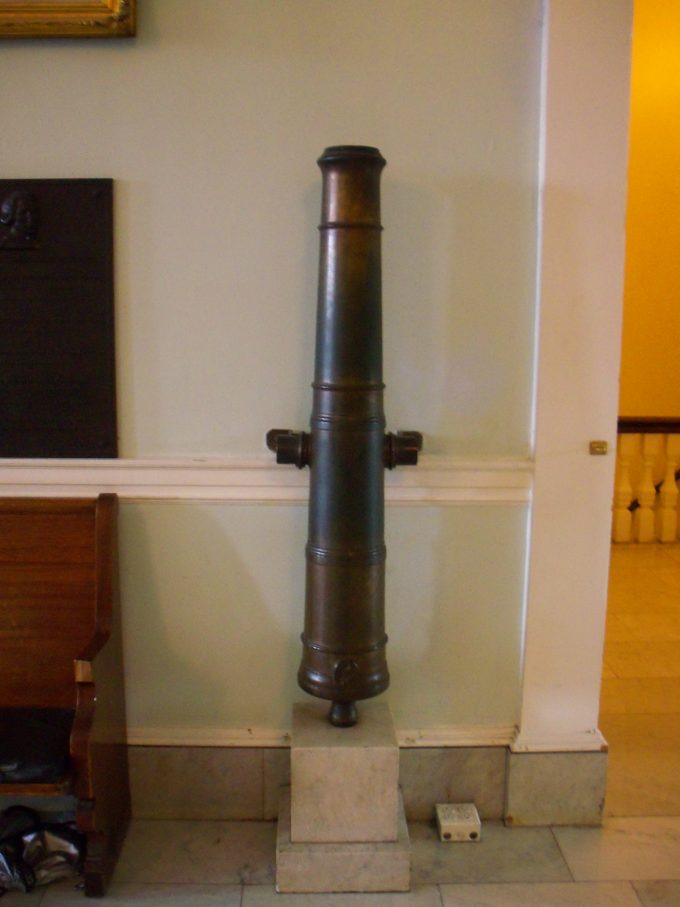
Sunday, 19 February 2017
And I urge you also, true companion, help these women who labored with me in the gospel, with Clement also, and the rest of my fellow workers, whose names are in the Book of Life. Philippians 4:3
Speaking of Euodia and Syntyche of the previous verse, Paul now implores some unidentified person, here translated as “true companion,” to intercede. The word is suzugos, and it is only found here in the Bible. It indicates a “yoke-fellow,” or a “colleague.” It is wholly unknown who it is. There are several interesting speculations.
One is that it is Epaphroditus who is being sent back with the letter. It could also be Luke who was closely associated with the church at Philippi. Other names have been suggested as well. However, the word could be used as a proper name. If the name means “Yoke Fellow,” then his name could form the same type of play on words that Onesimus does in the book of Philemon. If a proper name, it could be his given name, or a nickname which was bestowed upon him by Paul and by which he had become known. In the end, it is all speculation, and the truth is lost to history.
Whoever this yoke-fellow is, he is now asked to “help these women.” Again, it is speaking of Euodia and Syntyche. In the past, Paul notes that they “labored with me in the gospel.” They may have helped him financially as the women did who were with Jesus as is seen in Luke 8:3. The word used to describe their labors is found only here and in Philippians 1:27. It means “to strive together.” Whatever their labors were, it was of great help to Paul, so great that he put their efforts on an equal standing with his.
He then notes, “with Clement also, and the rest of my fellow workers.” He has placed these two women in a high position of note along with all of the others who labored with him. Clement is speculated by some to be Clement, bishop of Rome. This goes all the way back to the time of Origen. Others dismiss this as unlikely. However, he is singled out by name here as being a great help to Paul, and acknowledged as such.
He finishes with noting that these women, along with the others he refers to, have their names “in the Book of Life.” This is not to be taken as a literal book which is in heaven, and which pen and ink are applied to. Rather it is a state in which these people stood, metaphorically identified as a book of remembrance before the Lord. This Book of Life would compare to the saying of Philippians 3:20 which notes those whose citizenship is in heaven. They have come under the blood of Christ, and they are sealed with the Spirit of God. Thus they are in the Book of Life before the Lord. In Revelation 3:5, Jesus says the following about such people –
“He who overcomes shall be clothed in white garments, and I will not blot out his name from the Book of Life; but I will confess his name before My Father and before His angels.”
To “overcome” is to be saved by the blood of Christ. Such salvation is therefore a complete guarantee of entry into heaven for the redeemed.
Life application: Paul’s interest in the affairs of these women indicates his strong desire for there to be harmony and peace between believers. Although this is at times very, very difficult, it is what is asked of us. When strife arises, those around who are aware of it should do their best to assist in the process of reconciliation.
Heavenly Father, it sure can be difficult to get along with other faithful believers. There are varying viewpoints on many fine points of doctrine which often result in more than a little bitterness. We are quick to divide the fellowship over these things, but your words puts a stress on loving the brotherhood. And so help us to do our very best at this. And give us grace to overlook those things which we are able to overlook. With this, You are surely pleased. Amen.
